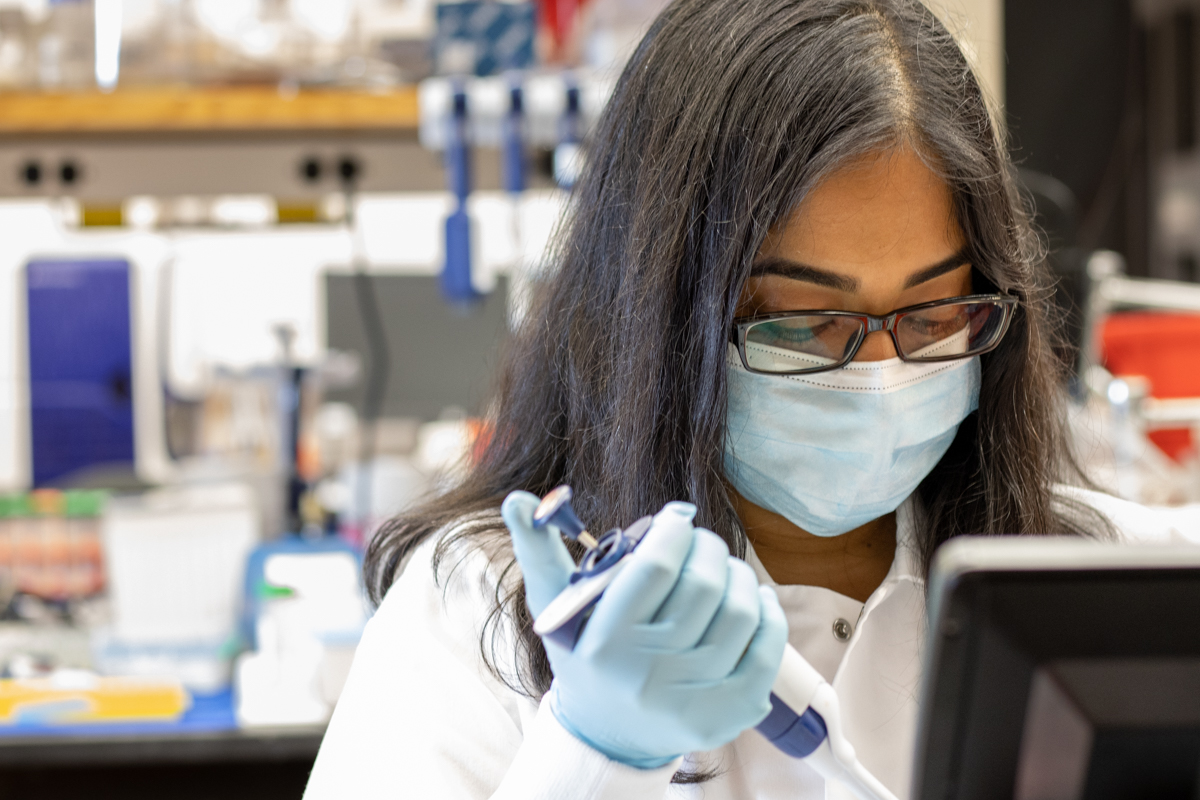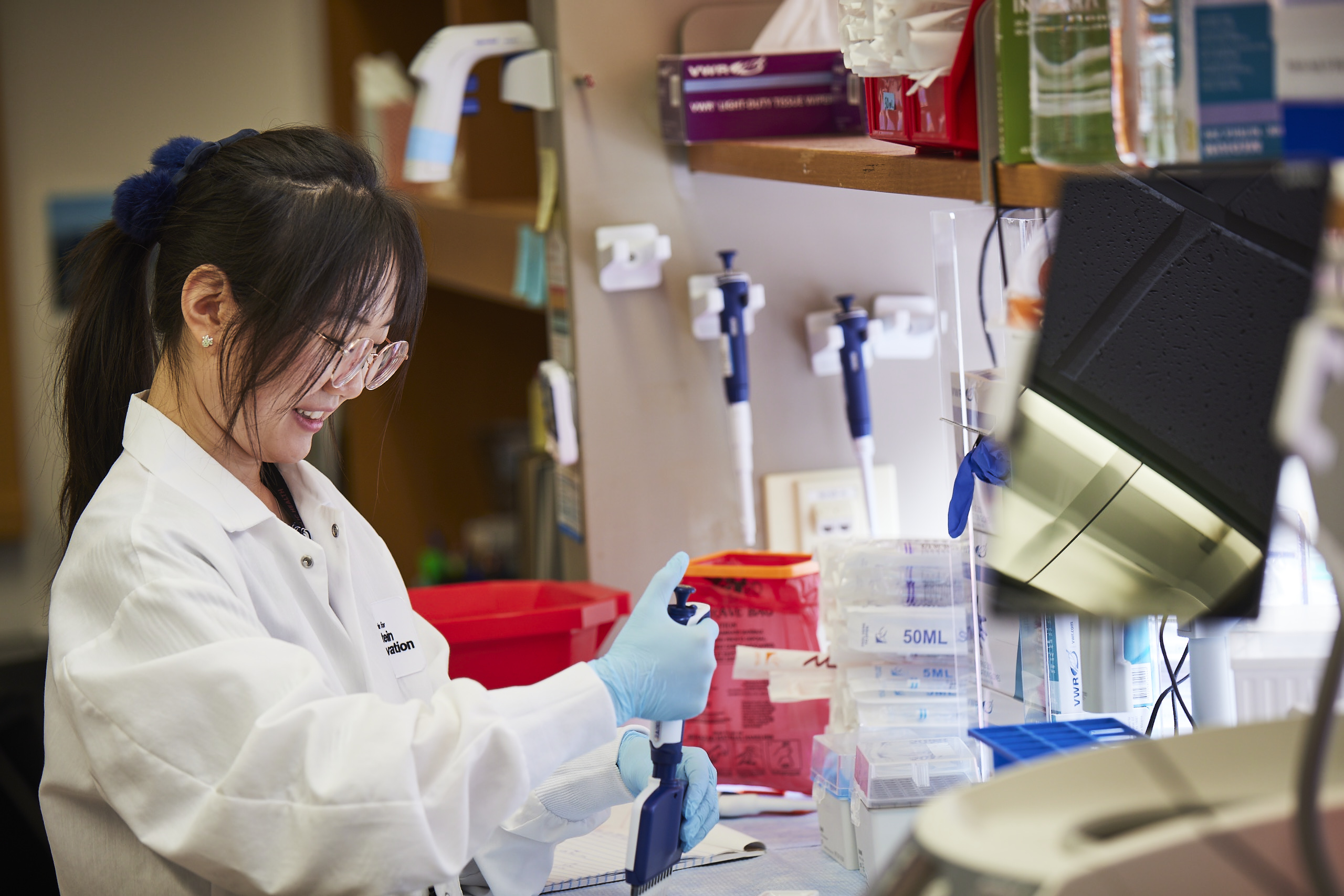Cell-surface receptors are notoriously tricky to produce and purify; they misfold, aggregate, degrade, and often express poorly. Researchers can get past these roadblocks by focusing on the ectodomain, the region of the receptor that protrudes beyond the cell and sometimes drives signal transduction.
However, cell-surface receptor ectodomains offer their own challenges; the design and testing of individual truncation constructs in different cell expression systems can be so specific, finding the right one for each receptor at scale can be onerous.
The Institute for Protein Innovation (IPI) recently offered a well-tested procedure, published as a book chapter by Springer Protocols, to expedite ectodomain expression screening by allowing researchers to gauge the performance of multiple constructs in a single experiment. The approach could help save time and resources in any lab in need of high-throughput construct screening and antigen production.
“It’s important to send this method out there,” said IPI senior scientist and lead author Anita Ghosh. “It saves resources. It saves time. It’s an improvement in the quality of research.”
To screen ectodomain constructs, most scientists hunt for published methods and further customize them to their lab’s needs. But IPI often found these fundamental protocols to be outdated, incomplete or impossible to scale. These limitations fettered the development of reliable high-throughput approaches and made construct screening unnecessarily long and laborious.
“It was months and months and months of just figuring out what worked or didn’t work,” said Ghosh about her protein construct work as a Ph.D. student and as a postdoc. “If I could have just compressed that into one experiment, I could have spent more time doing other experiments that actually gave results.”

To streamline the process, IPI established an ELISA approach that leverages polyhistidine-tags and Avi-tags to provide a quantitative readout of the constructs. These can be compared to a purified protein control.
The team tested the procedure on 32 constructs for the ectodomains of three cell-surface receptor families, namely neurexin, neuroligin and latrophilin. The testing proved challenging; the number of isoforms of each protein and number of constructs that required testing was daunting. However, in just one experiment, the screen effectively ranked the constructs by expression levels, immediately identifying and eliminating poorly expressing constructs while prioritizing those best suited for scale-up.
Driving nearly all experimentation and data analysis was senior research associate Chang Yang. She and Ghosh detailed their processes, analyzed results and tailored the procedures repeatedly over many months. With input from IPI’s senior director of the antibody platform Rob Meijers and former senior scientist Kenneth Lloyd, the team eventually landed at an efficient process that streamlined reliable antigens into the antibody discovery pipeline.
Now routine at IPI, the method has been used to test more than 500 mammalian glycoprotein constructs thus far. Yang and Ghosh also clarified the process, broadening its applicability and reducing it to practice. Now “any group doing any kind of protein purification should be able to benefit from it,” Ghosh said.
“IPI is a nonprofit,” Yang said. “It’s our responsibility to take on an educational role in the science community — writing a book chapter helps with that vision.”
Sources:
Anita Ghosh, anita.ghosh@proteininnovation.org
Chang Yang, chang.yang@proteininnovation.org
Rob Meijers, rob.meijers@proteininnovation.org
Writer: Caitlin Faulds, caitlin.faulds@proteininnovation.org
About IPI
The Institute for Protein Innovation is pioneering a new approach to scientific discovery and collaboration. As a nonprofit research institute, we provide the biomedical research community with synthetic antibodies and deep protein expertise, empowering scientists to explore fundamental biological processes and pinpoint new targets for therapeutic development. Our mission is to advance protein science to accelerate research and improve human health. For more information, visit proteininnovation.org or follow us on social media, @ipiproteins.


